Diana Feng is heading to the Edinburgh Festival Fringe, ahead of this we got the chance to have a chat with her.
1. Thanks for your time Diana, let’s start with your show Don’t Call Me China Doll. What can fans expect from it?
Thank you for having me! Don’t Call Me China Doll is a rollercoaster of self-discovery, tackling themes of identity and self-worth with a lot of heart and humour. Expect to laugh, cry, fall in and out of love with the character(s) all in one hour! It’s about breaking out of the boxes society puts us in and embracing who we really are. Heavy themes, yes, but served with a sense of levity and self-deprecating humour.
2. It’s your debut show and you’ll be performing at Edinburgh. Edinburgh Fringe is a hugely important date in the calendar, what do you hope to get out of the festival this August?
It is! My main goal this August is to get people to come see it! My director Chessie and I made a list of goals on day one of rehearsals: connect with ESEA artists and audiences, make bold choices, create aesthetically pleasing designs, grow our artistic practices, and trust the collaborative process. We’ve achieved everything on this list, and now I’m just putting it out to the Universe. I’ll have fun, make friends, enjoy the festival, and let whatever happens, happen.
3. In terms of writing the show, where did the inspiration come from?
The inspiration came from snippets of my friends’ and my own real-life experiences. As an ESEA (East and South East Asian) actor in the West, racial typecasting is a constant struggle. On New Year’s Day 2024, I read about Anna May Wong and her being an outcast in both America and China. This resonated with me as a third-culture kid. Around the same time, I discovered a repeating phenomenon of ESEA people hating on others from their own ethnic or cultural background in multiple conversations I had with friends. So, I decided to combine the two themes, explore internalised racism and the desire to distance oneself from their own culture through this show.
4. The themes of the show are quite powerful – what do you hope someone who comes to see it takes away from it?
For those who have felt like they don’t belong, I hope they feel less alone and understand that the guilt of being ashamed of one’s culture is more common than they think. For those without this experience, I hope they recognise and support peers struggling with these issues. It’s okay not to have everything figured out, and understanding these struggles can foster empathy.
5. You talk about the challenges East Asian artists face in 2024. What are some of those challenges and how have you dealt with them?
We’re on the right trajectory, but opportunities are still scarce. ESEA artists often compete for the same few spots, which can cause divisions within the community. Fortunately, some supportive communities share resources and see wins for individuals as wins for everyone. This collective approach is how I’ve managed to stay positive and connected.
6. How challenging is it to inject humour into some fairly heavy themes?
It’s actually a lot of fun! I enjoy making the audience feel a bit mind-f*cked. One minute they’re laughing, and the next, they realise, ‘hold on maybe I shouldn’t be laughing.’ Finding irony in the situation and highlighting the absurdity of the world helps balance the heaviness with humour.
7. What similarities do you see between yourself and Anna May Wong?
I think the feeling of not belonging anywhere. There is a direct quote from Anna May Wong in the show that I related to a lot. “To the American, I’m too Chinese and to the Chinese I’m too American.” And if you come to the show you might find more similarity then I realise!
8. Away from the stage, you are co-founder of WWWC, can you tell us a bit about that. Why did you set up the organization and what your goals are?
WWWC is co-founded by a group of women and femmes creatives who wanted to start taking initiative and make our own work. Initially, most of us met during drama school in the same MA acting program at Royal Central School of Speech and Drama. After we graduated, we realised how scarce opportunities are. We decided to meet up once a week and get some creative juices flowing. The goal is to support and uplift marginalised voices telling stories that needs to be told.
WWWC was co-founded by a group of women and femme creatives who wanted to take the initiative and create our own work. We met during drama school at the Royal Central School of Speech and Drama. Post-graduation, we saw how scarce opportunities were and decided to meet weekly to get creative juices flowing. Our goal is to support and uplift marginalised voices and tell stories that need to be told.
9. Just for fun now, what would you be if you had to wear one Halloween costume every day for the rest of your life?
I love HALLOWEEN!! What a fantastic question! My brain immediately jumps to practicality. I’d pick a costume that gets me perks, like a flight attendant for free flights or a train master for free rides. This is my inner Asian auntie thinking, ‘how can I make the most out of this?’—or maybe it’s my Fringe producer brain, always scheming to save money for life.
10. Thanks for your time Diana and good luck with Edinburgh. Just to wrap up, what can we expect from you once Edinburgh Fringe has finished?
Thank you so much! First, I’m taking a big vacation back home to Taiwan after all the Fringe chaos. Then, I’m starting my PhD research on Culturally Specific Performance Practice and British East and Southeast Asian Representation at Central, where I did my Masters. This research is closely related to my show’s themes. For the show, we’d love to bring it back to London for another run and potentially tour around the UK. Who knows, maybe in a couple of years, you’ll see it on Netflix!
Don’t Call Me China Doll by Diana Feng is on at 12.55pm at Underbelly Bristo Square from the 31st – 26th August. Tickets here.


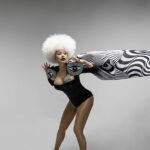
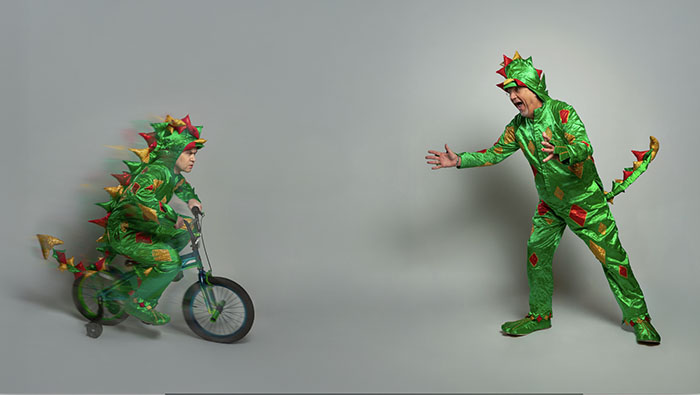
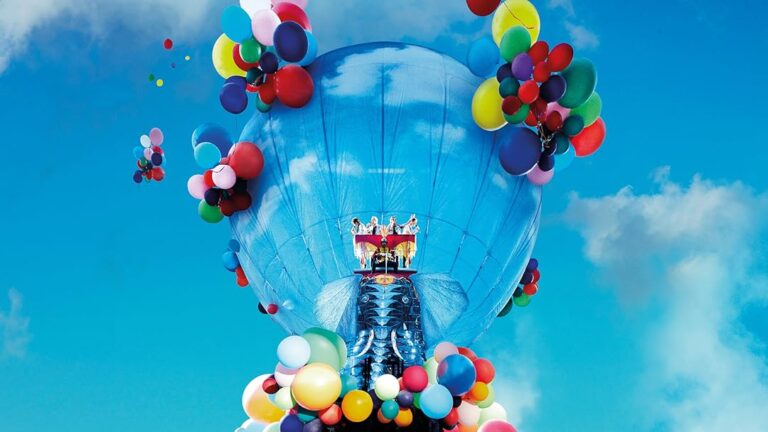
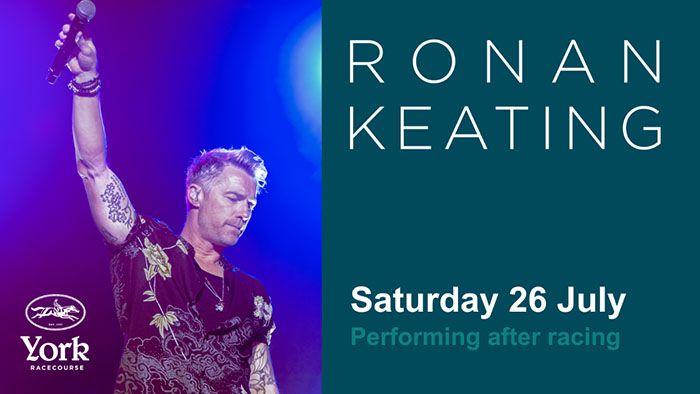
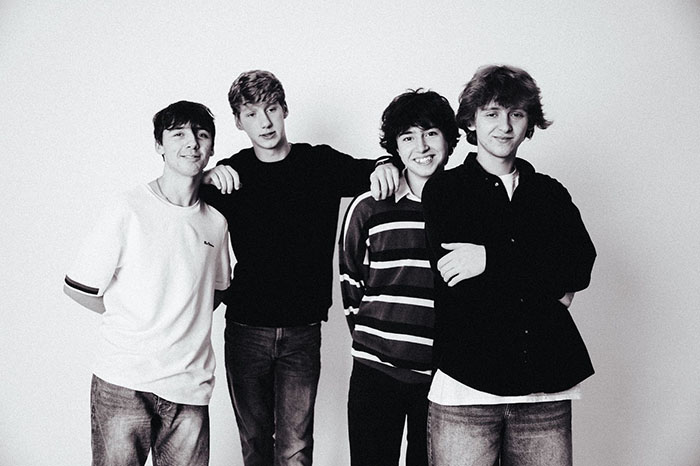
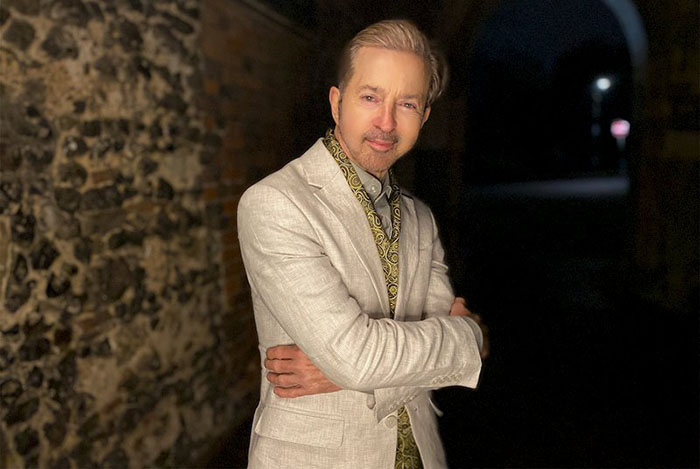
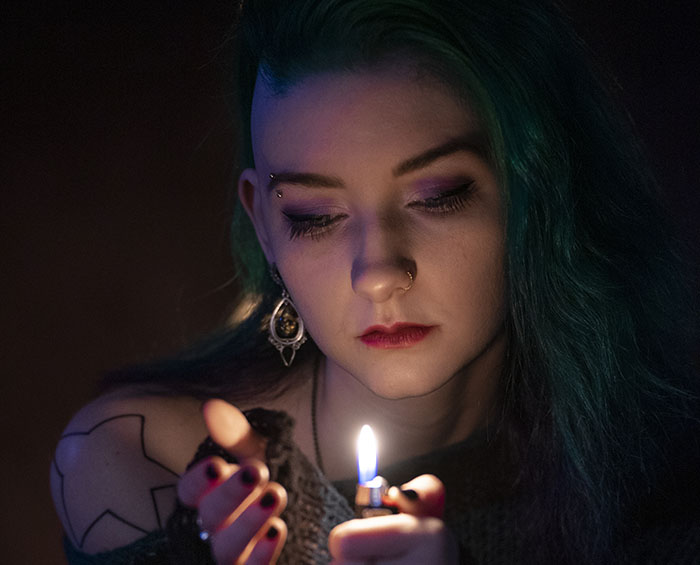
Comments are closed.